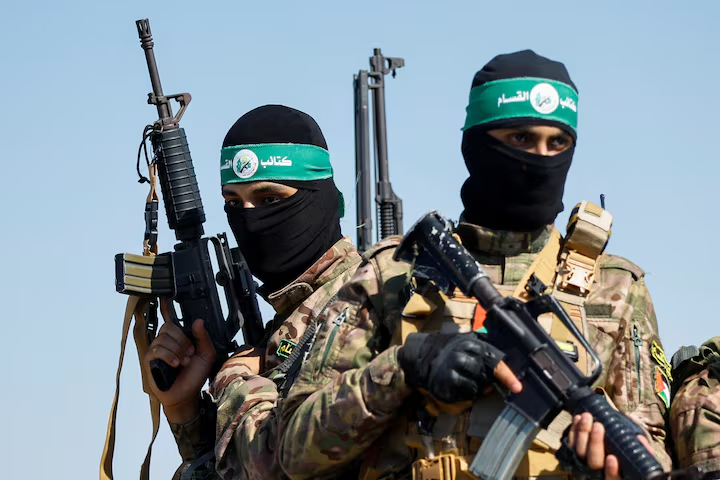Sudan’s army has suspended its participation in talks over a ceasefire and humanitarian access, Sudanese diplomatic sources told Al Jazeera, raising fears of renewed fighting that has displaced hundreds of thousands of people.
The talks with the rival paramilitary Rapid Support Forces (RSF) began in the Saudi Arabian port city of Jeddah in early May and had produced a declaration of commitments to protecting civilians and two short-term ceasefire deals that have been repeatedly violated.
The army and the RSF had agreed to extend a weeklong ceasefire deal by five days just before it was due to expire late on Monday.
Diplomatic sources told Al Jazeera on Wednesday that the army was suspending its participation in the talks.
A spokesman for the army, Brigadier Nabil Abdalla, also told the Associated Press news agency the decision was in response to the RSF’s alleged “repeated violations” of the humanitarian ceasefire, including their continued occupation of hospitals and other civilian infrastructure in the capital, Khartoum.
In a statement, the RSF accused the army of halting the talks in Jeddah so that it could undermine them and of violating the ceasefire by using airpower and heavy artillery to attack its positions.
Until late on Tuesday, intense clashes were reported in Sudan’s capital, Khartoum, with residents reporting intensive fighting in all three of the adjoining cities that make up Sudan’s greater capital around the confluence of the Nile – Khartoum, Omdurman and Khartoum North.
Al Jazeera’s Mohamed Vall said while the purpose of the talks in Jeddah was to help civilians “reorganise their lives”, the goal remained elusive.
“We have people still leaving Khartoum. We have people still trapped in their homes because [the] RSF, according to reports, is using civilians as human shields,” he added.
The truce was brokered and remotely monitored by Saudi Arabia and the United States, which say it has been violated by both sides and has allowed for the delivery of aid.
The war has forced nearly 1.4 million people to flee their homes, including more than 350,000 who have crossed into neighbouring countries.
More than six weeks into the conflict, the United Nations estimated more than half the population – 25 million people – to be in need of aid and protection.
Areas of the capital have been hit by widespread looting and frequent cuts to power and water supplies. Most hospitals have been put out of service.
The UN, some aid agencies, embassies and parts of Sudan’s central government have moved operations to Port Sudan, in Sudan’s Red Sea state, the main shipping hub which has seen little unrest.
Leaders of the army and the RSF had held the top positions on Sudan’s ruling council since former leader Omar al-Bashir was toppled during a popular uprising in 2019.
They staged a coup in 2021 as they were due to hand leadership of the council to civilians, before falling out over the chain of command and restructuring of the RSF under the planned transition.
Aljazeera









